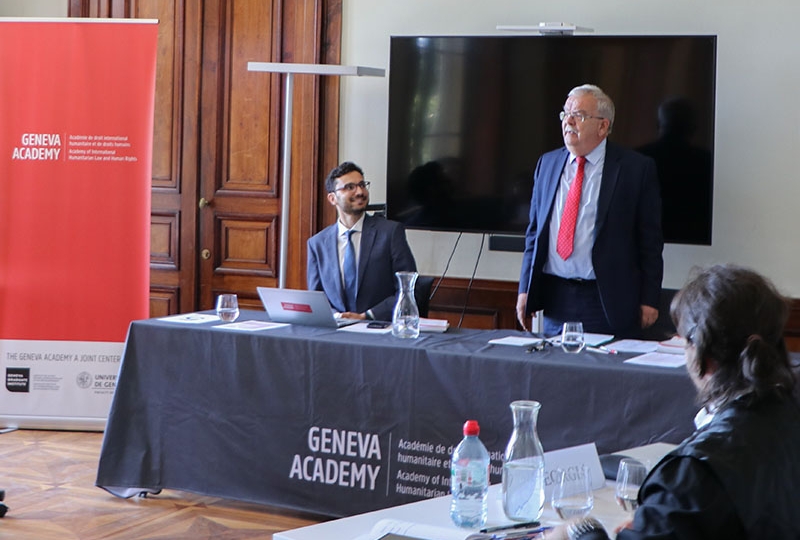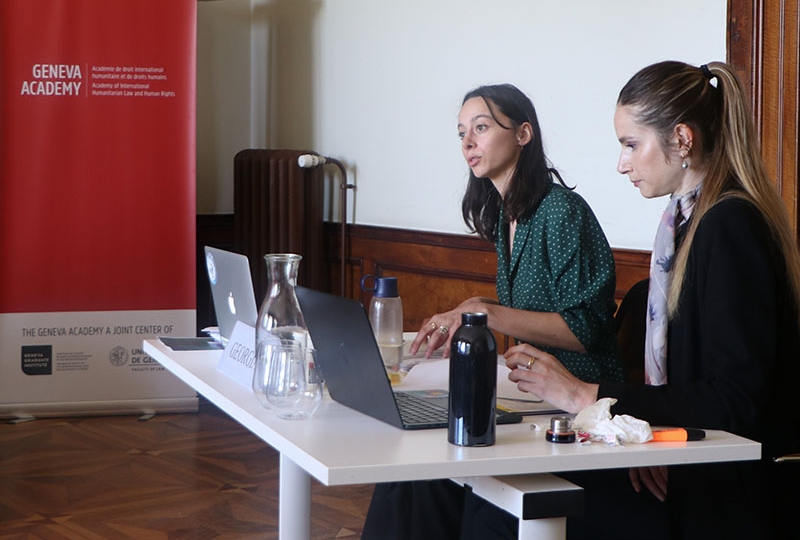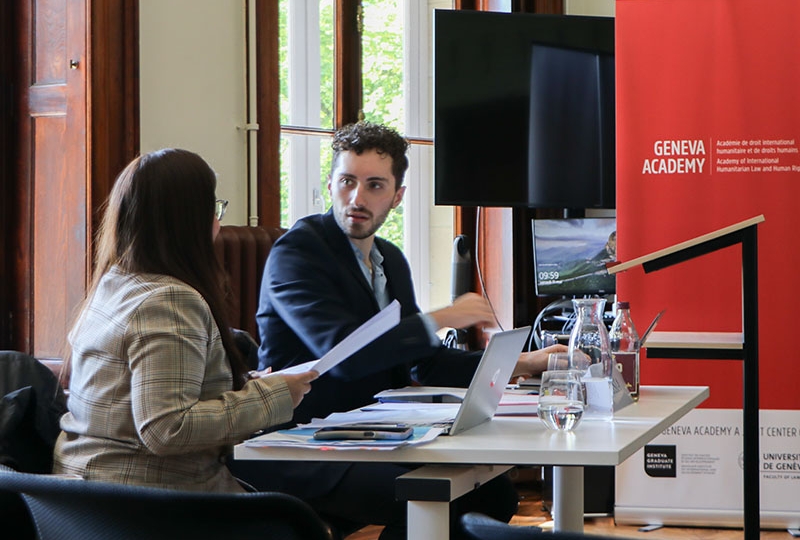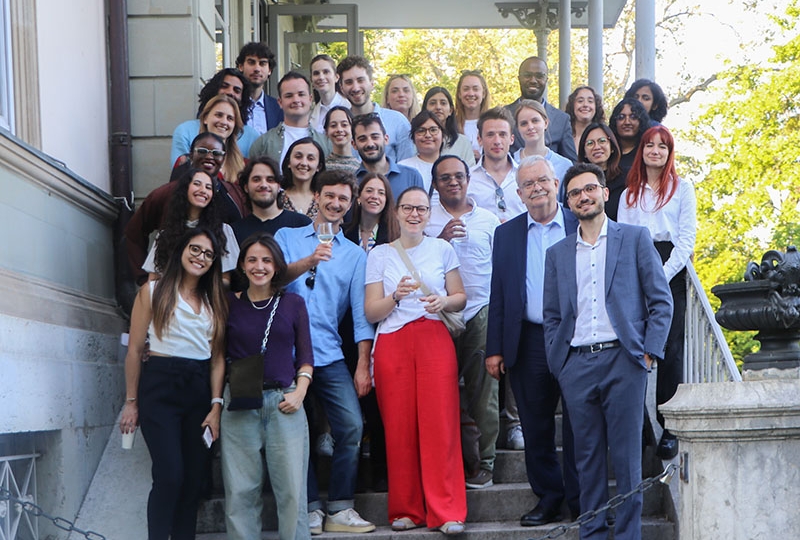The hostilities in South Ossetia in the summer of 2008 and the subsequent events left lives, homes, and communities devastated and gave rise to numerous allegations of violations of international humanitarian law (IHL). In January 2016, the International Criminal Court (ICC) authorized the opening of a formal investigation by the Office of the Prosecutor into the situation.
On 10 March 2022, the ICC Prosecutor announced that he had reasonable grounds to believe that war crimes of torture and inhuman treatment, unlawful confinement, hostage-taking and unlawful transfer occurred, and applied for three warrants of arrest. On 30 June 2022, based on the Prosecutor’s application, the ICC Pre-Trial Chamber delivered three arrest warrants and found that there were reasonable grounds that these suspects bear responsibility for war crimes.
On 21 January 2021, the European Court of Human Rights (ECtHR) rendered a controversial judgment on human rights violations committed by Russia during this conflict in the case Georgia v. Russia (II) and, on 5 October 2021, it delivered two other controversial decisions in the cases Bekoyeva and others v. Georgia and Shavlokhova and others v. Georgia. In the case Georgia v. Russia (II), its Grand Chamber ordered Russia on 28 April 2023 to pay compensation in respect of non-pecuniary damage suffered by thousands of victims of the war. On 9 April 2024, the European Court of Human Rights delivered a further judgment, this time in the case of Georgia v. Russia (IV), finding an ‘administrative practice’ of multiple human rights violations as a result of the process of ‘borderisation’ of the occupation line ongoing since 2008.
In front of a Jury – consisting of Professor Sassòli, and Teaching Assistant Revaz Tkemaladze who coordinated this exercise and coached the students – two person teams of students (whose roles were attributed randomly) pleaded on IHL issues that arose during this armed conflict, in particular:
- The classification of the conflict and applicable law
- Classification of persons and territory
- Killing and destruction of property of ethnic Georgians and allegations of ethnic cleansing
- The use of weapons and precautionary measures during ground and air offensives
- The targeting of persons
LLM student Michele Scolari commented, ‘Working on the pleadings with my teammate, starting from the creation of the written outline to the oral simulation, was definitely one of the highlights of the year. The most challenging aspect was probably finding alternative positions grounded in both legal principles and factual evidence to defend our side while anticipating potential counter-arguments from the opposing side. To this end, the teamwork and division of the tasks proved essential to tackle effectively all the documents and the material. The best part was the oral simulation where we were not only able to express our position, but also delve into the nuances of the conflict and its legal complexities during the Q&A.’











